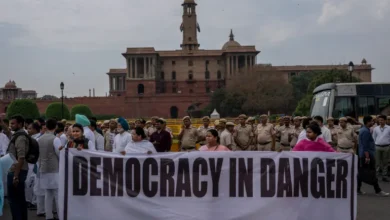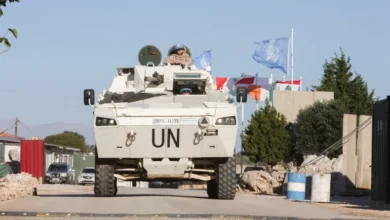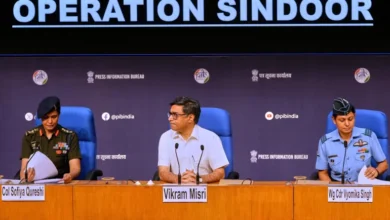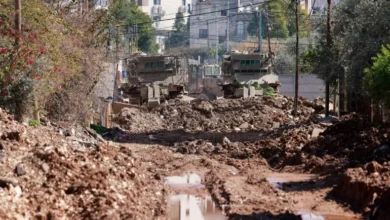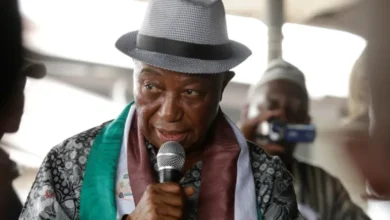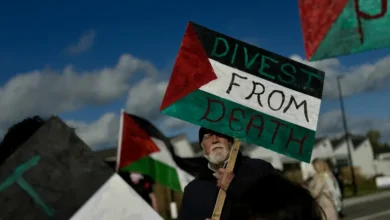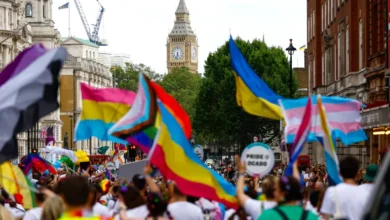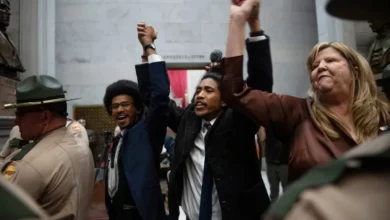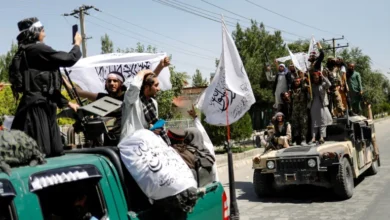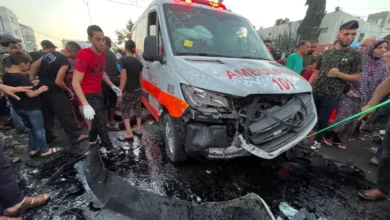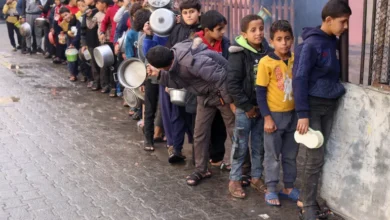To achieve peace, both Ukraine and Russia must feel secure
Joergen Moeller
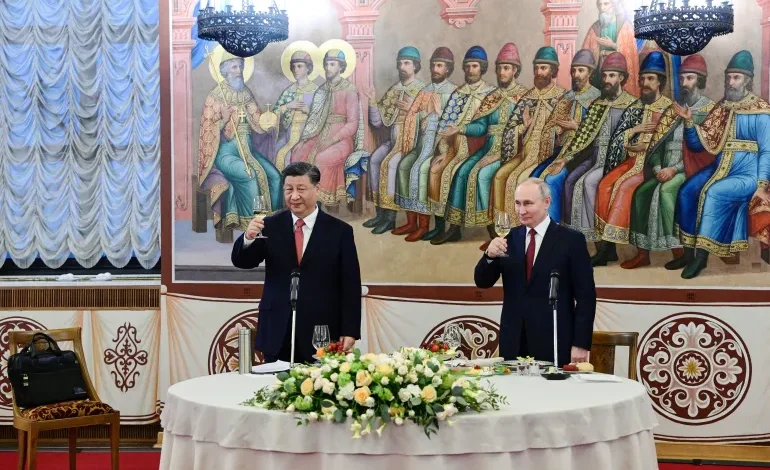
It has been more than a year since Russia launched a full-scale invasion of Ukraine. The war has killed and wounded hundreds of thousands of civilians and troops and devastated the country. In recent months, however, there has been little movement in the front line and observers are increasingly talking about a stalemate and the need to move towards talks between Moscow and Kyiv.
Although both sides have said they are ready for negotiations, they have yet to sit down to discuss peace. As the international community mulls how to jump-start this process, it is important to remember that peace can only be achieved by making both Ukraine and Russia feel secure. Both of them. Not one of them.Both countries are signatories to the Charter for European Security adopted in 1999 at the 6th Organization for Security and Co-operation in Europe summit in Istanbul. Article II of the document affirms the right of each state to establish its own security through alliances and treaties, and stipulates that there needs to be mutual respect for such arrangements.
Clearly, today Ukraine and Russia’s security paradigms cannot be easily reconciled, but that does not mean it is impossible to come up with an arrangement both sides would agree to, especially one that involves guarantees by other powers.
The United States has been indispensable for Ukraine’s security and independence, but its commitment will not last. Washington has been recently signalling that countering Russian expansionism in Ukraine and elsewhere is a sideshow and that China is its main preoccupation.
Therefore, a security guarantee for Ukraine must be offered by the European Union, whose economic and security interests are at stake in this conflict. Ukraine may prefer dealing with the Americans, but sooner or later it will realise that its European neighbours are far more stable allies.The Europeans can guarantee Ukrainian security by resuscitating earlier plans for a European Defence Community (EDC) put forward in 1952 by the Benelux countries – including France, Italy, and West Germany – to meet the Soviet military threat.
It was aborted when ratification failed in the French parliament, but today it is unlikely that Paris would block such an initiative.
The EDC could station a force inside Ukraine to make the guarantee credible. In this way, the Europeans would counter Russia’s claim of acting in self-defence against NATO in Ukraine.
Europe’s conventional forces would be sufficiently strong to match a Russian threat provided that the EU member states implement current plans to boost defence capabilities and do not fall prey to wishful thinking that the world is a peaceful place.The problem with this arrangement may be countering Russia’s nuclear threat. There are two ways to square that circle.
First, a Russian attack on Ukraine could be deterred by the simple presence of EDC troops. They would come from countries that are NATO members. Although it is not clear whether in this situation, Article 5 of the North Atlantic Treaty, which defines collective defence, can be activated, the strategic ambiguity it creates may be enough to deter a Russian attack.
Second, France’s nuclear weapons could also be used as a deterrent. French President Emmanuel Macron has already indicated that Paris is considering playing a role in Europe’s collective security through its nuclear arsenal.
And ideas to multilaterialise a nuclear deterrent have been floated before. At the beginning of the 1960s, the US proposed a NATO multilateral nuclear fleet known as the Multilateral Force.
The French nuclear arsenal is not diversified enough to respond to Russian nuclear threats and bringing it to that level would require time and money. So, French nuclear weapons replacing the US arsenal as a nuclear deterrent to Russia in Europe would only be a workable solution in the long run.
Establishing a security guarantee for Russia will likely fall to China. Beijing has continually stated that the “Ukraine crisis is not what we want to see”. What it probably wants to see is Russian President Vladimir Putin being neither a loser nor a winner.
China has no interest in an outcome that helps Russia, its archrival in Central Asia, grow stronger, nor does it want to see the downfall of Putin’s regime, as its collapse may sow doubts about the stability of autocratic regimes.
In March, after hosting Chinese President Xi Jinping, Putin said that Russia and China are not creating a military alliance. That is because the Russian president does not need one. He only needs to know that his and his regime’s survival is a Chinese core interest – that is enough of a security guarantee for him.
But the prospect of Russia negotiating peace in earnest as long as it discerns sympathy for its position from China is remote. That is why, if Beijing is serious about “not wanting to see” the Ukrainian crisis continue, it will have to demonstrate to Moscow the limits of its security guarantee.
It can do so by merely changing its rhetoric and pushing the idea that it is Russia that is blocking a peace deal. This would certainly undermine global sympathy for Moscow, taking away one of its trump cards.
Putin is, of course, likely to resist peace talks without a clear victory in Ukraine because he perceives the domestic cost as too high. After spending more than a year telling the Russian people that he is leading a “military operation” to rid Ukraine of “Nazis” and stop a “genocide” against Russian speakers in the country, they may start asking questions if he abruptly ends the campaign to negotiate with those who he called “Nazis”.Xi may be able to help Putin with this quandary, pointing to the rhetorical acrobatics one of his predecessors, Deng Xiaoping, had to resort to, after the 1979 Chinese attack on Vietnam was repulsed by the battle-hardened Vietnamese army. “Vietnam has been taught a lesson,” Xiaoping said back then, and Putin may as well concur today: “Ukraine has been taught a lesson.”
Inevitably, the end of the war in Ukraine will involve Russia coming to terms with being a nation-state. Putin and the Russian people will have to accept that the Tsarist Empire and the Soviet Union are confined to history and they cannot be resurrected.
The West, for its part, will have to work on reversing global perceptions of who is to blame for the conflict. Otherwise, suspicion that the US and the EU used Ukraine to pursue their own interests will grow, further isolating them.
The US should also be careful not to classify a possible Chinese-Russian “entente” as an attempt to disrupt the global order and as a major threat to its interests. If it does, the rest of the world may harden its conviction that NATO is set on a confrontation with Russia and eventually China.
Although establishing security guarantees for both Ukraine and Russia will be undoubtedly challenging, it is the only way to put an end to this conflict. Living with a protracted war is unalluring for all parties. And as much as it fears China’s rise, the West will have to accept its role in pushing for peace in Ukraine. Otherwise, it would risk falling into an ever-deepening isolation from the rest of the world.
